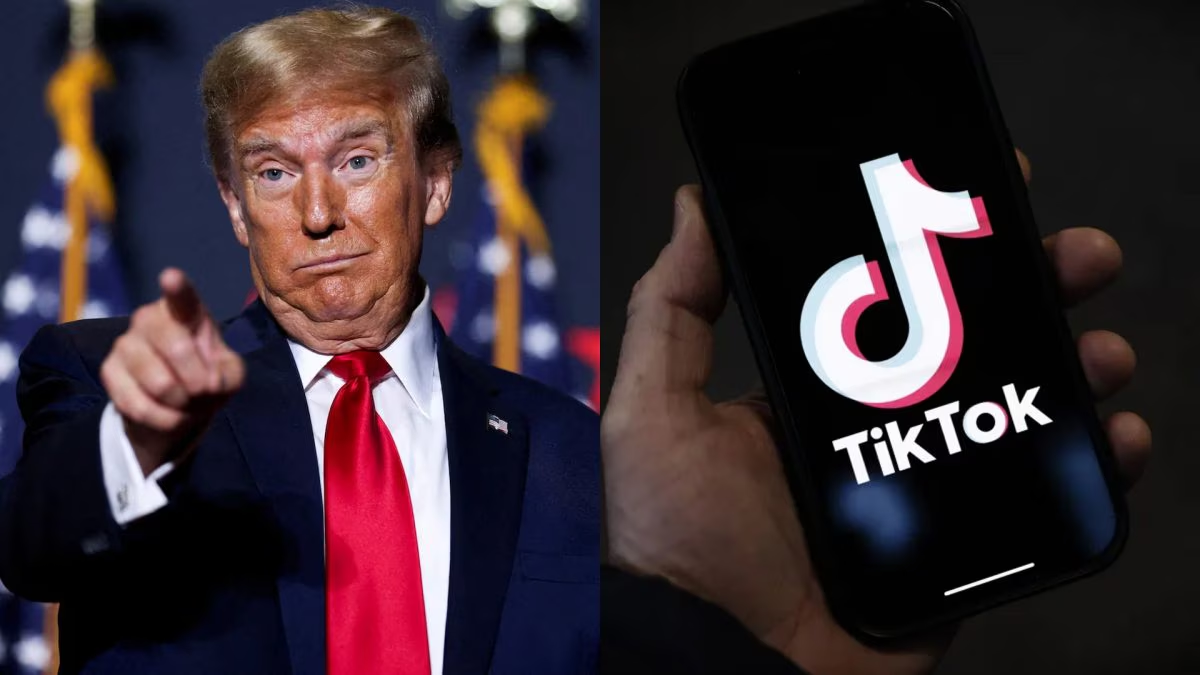Although both Republicans and Democrats supported President Joe Biden’s TikTok ban in April, President-elect Donald Trump voiced opposition to it during his candidacy.
After Donald Trump won the U.S. presidency last week, tech CEOs including Apple’s Tim Cook, Meta’s Mark Zuckerberg and Amazon’s Jeff Bezos publicly praised the president-elect.
One name was conspicuously missing: TikTok CEO Shou Zi Chew.
His absence was notable considering that of all the top tech companies, TikTok faces the most immediate and existential threat from the U.S. government. In April, President Joe Biden signed a law that requires China’s ByteDance to sell TikTok by Jan. 19. If ByteDance fails to comply, internet hosting companies and app store owners such as Apple and Google will be prohibited from supporting TikTok, effectively banning it in the U.S.
Trump’s return to the White House, though, may provide a lifeline for Chew and TikTok.
Since his election, Trump hasn’t publicly discussed his plans for TikTok, but Trump-Vance transition spokeswoman Karoline Leavitt told CNBC that the president-elect “will deliver.”
“The American people re-elected President Trump by a resounding margin giving him a mandate to implement the promises he made on the campaign trail,” Leavitt said in a statement.
Trump’s rhetoric on TikTok began to turn after the president-elect met in February with billionaire Jeff Yass, a Republican megadonor and a major investor in the Chinese-owned social media app.
Yass’s trading firm Susquehanna International Group owns a 15% stake in ByteDance, while Yass maintains a 7% stake in the company, equating to about $21 billion, NBC and CNBC reported in March. That month it was also reported that Yass was a part owner of the business that merged with the parent company of Trump’s Truth Social.
If ByteDance doesn’t sell TikTok by the January deadline, Trump could potentially call on Congress to repeal the law or he can introduce a more “selective enforcement” of the law that would essentially allow TikTok to continue operating in the U.S. without facing penalties, said Sarah Kreps, a Cornell University professor of government. “Selective enforcement” would be akin to police officers not always enforcing every single instance of jaywalking, she said.
At TikTok, meanwhile, Chew has remained quiet since Trump’s victory, just as he had been in the lead-up to Election Day.
The Chinese-owned company may be taking a neutral approach and a wait-and-see strategy for now, said Long Le, a China business expert and Santa Clara University associate teaching professor.
Le said it’s hard to foresee what Trump will do.


